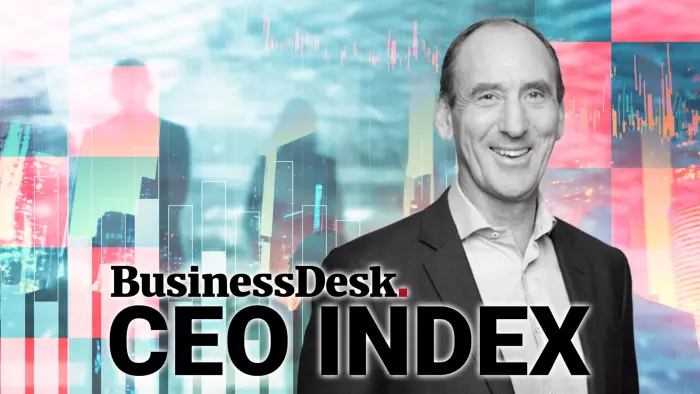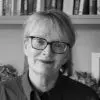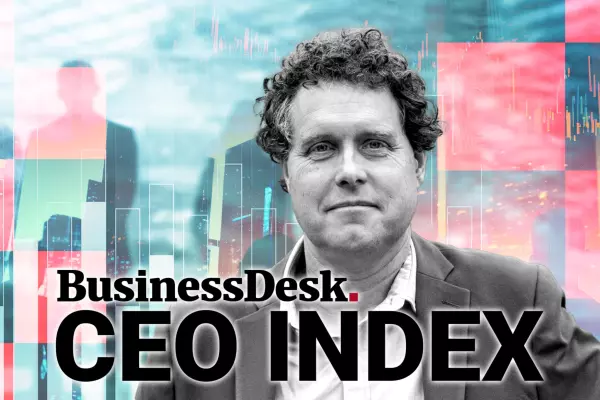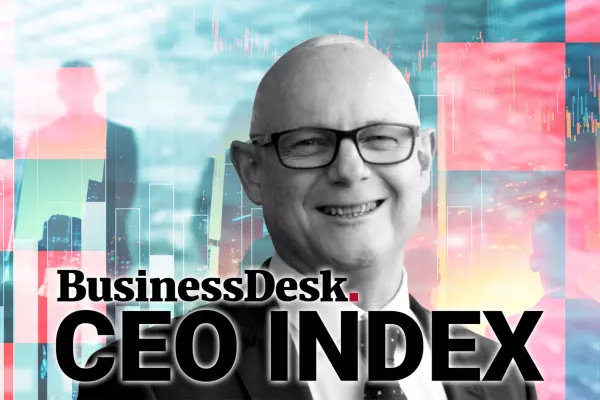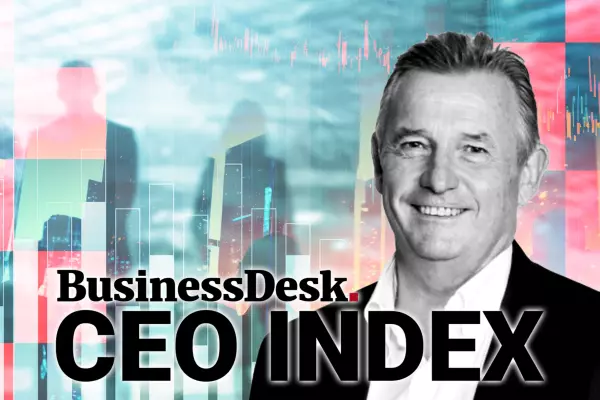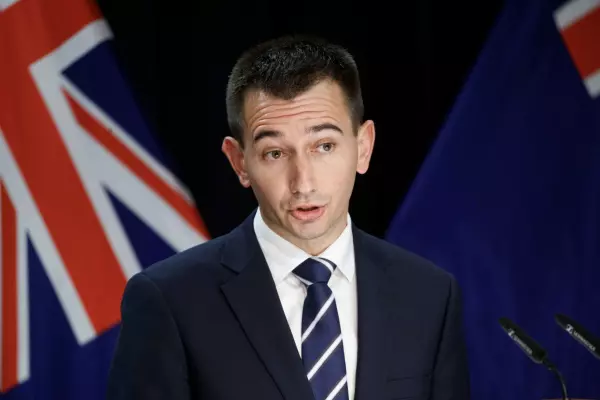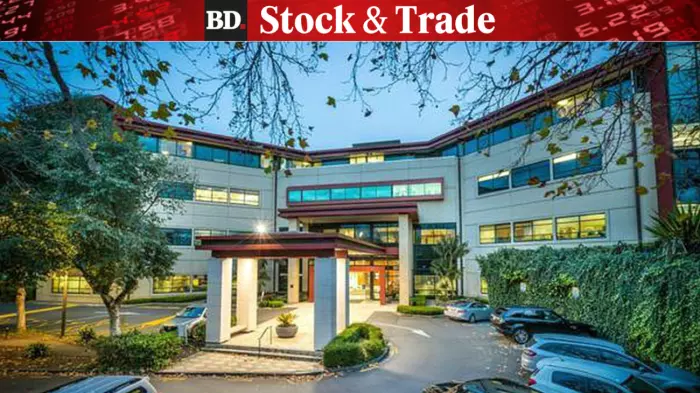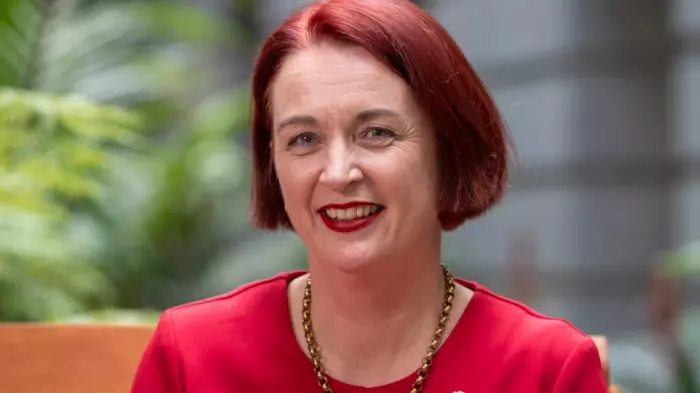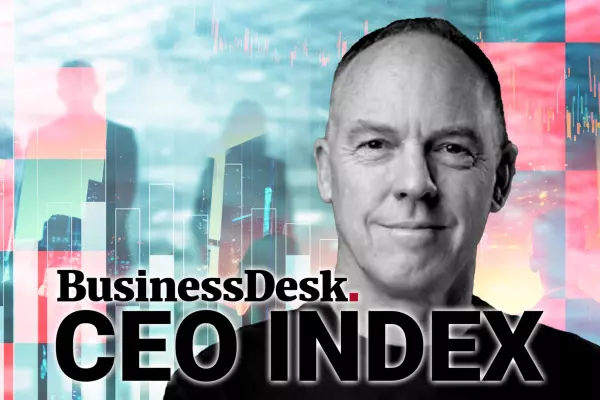Direct Capital co-founder Ross George was one of several nominees for the inaugural BusinessDesk CEO Index who didn’t think he qualified, thus ensuring he did qualify and fit right in.
Known by some as the godfather of New Zealand private equity, George wrote a note for BusinessDesk in a typically good-natured attempt to ensure this unwanted profile reflected more on the company than on him.
It described the 32 years of Direct Capital’s existence since George returned from Hong Kong in his early 30s with a lick of capital and investment banking experience and an ambition to turbo-charge already profitable (mainly) NZ companies.
Before the likes of Ryman Healthcare, Scales Corp, SkyCity or NZ King Salmon were listed on the NZ Exchange, let alone the Australian Securities Exchange, Direct Capital’s role was helping a “contender” to grow big enough to fulfil its ambition to become a major contender.
'Invisible link'
Current investments include AS Colour – the clothing retailer, but more significantly, a major international player in supplying specialised printable garments – and the Wet & Forget company, which is far larger in the United States today than in NZ.
Others in the current portfolio include Bayleys Real Estate and freight and logistics group Mondiale, which Direct Capital may one day help to list.
“Direct Capital is the invisible link,” says George, now executive chair, between lead investors and investable businesses and their people.
The seven funds that Direct Capital has raised have invested in 85 businesses, with the marketing line "We won’t buy your busines,s but we will invest in it".
It has expanded internationally, particularly to Australia, the United States, and Southeast Asia.
Honest conversations
George says it offers a world of honest conversations about well-established, often large businesses whose successful owners want to plan an exit.
“The owners are in their sixties and the shareholders are in their forties,” he quips.
Direct Capital will generally take a stake of between 20% and 80% in a target business, have at least one director on the board, and, he says, be there in good times and bad.
George says Heath Kerr and Hugh Cotterill are running Direct Capital as managing partners and that the business makes all its investment decisions by committee.
This is a further reason he shouldn’t be in the BusinessDesk CEO Index, he argues.
“Internally, the business runs through an investment committee which might have four to seven members at any one time, so there is not even an internal leader,” he says. “The secret sauce is that you’ve got four or seven people who have to say ‘yes’.”
Logic-driven decision-making
BusinessDesk's independent panel of judges, however, believe George has been the driving force, saying: “Ross George's achievements and leading Direct Capital to deliver for investors are anchored in years of honing his skill, understanding, and unrelenting commitment to success.”
Direct Capital believes the structure means logic-driven decision-making, although one of George’s superpowers may also just be that he prefers everyone to like each other first.
Being in the NZ mid-market, Direct Capital’s business model differs from the ‘pump-and-dump’ global P/E cliché, he says: “Our hold time is long, 10 years or more. So, it takes a long tim,e and you have to do it in a respectful and helpful way.
“To invest in a company, the first step is that we’ve got to like one another. And then, more logical, data-driven due diligence occurs.”
Tom's broken leg
George muses on the suggestion that this is a “high-trust” model for the relationship between investors and the invested.
“Maybe a rural upbringing is where you learn high trust,” says George (Te Atiawa), who grew up in Āpiti, on the Manawatu Plains between Palmerston North and Taihape.
“We all remember when [local farmer] Tom O’Hagan broke his leg. We all helped him get his hay in.” Although if Direct Capital were involved, Tom’s next move might have been to buy the farm next door and expand.
George owns 21% of the company, and there are nine executive shareholders.
“It’s an enjoyable business but one that contributes hugely to corporate NZ, employment, taxation, growth and exports, which is important to the Direct Capital leadership team,” he says. “It’s enjoyable and has a purpose.”
Legendary party
In the largely invisible “private company ecosphere”, unburdened by continuous disclosure rules or public reporting requirements, Direct Capital is respected in banking, advisory, investment, and private company circles.
“DC receives the highest integrity ratings by investors and an excellence rating by companies that it invests in through its long-term partnership model,” George wrote.
One proof point: it raised $525 million in November and December last year with hardly a peep in the media.
Sources all tell of a legendary annual party that also counts as a non-financial success measure. By all accounts, it’s a banger.
We regret that we could not persuade George to answer questions on the five criteria for the BusinessDesk CEO Index: vision, impact, innovation, and resilience. However, if he is on the list again next year, we might have to force him to expose his lessons, no matter how modest he claims to be.
Ross George is a finalist in the private company category of the inaugural BusinessDesk CEO Index. The category winner will be announced on Nov 18. BusinessDesk will publish a report on the overall winner on Nov 19.
Read more of the BusinessDesk CEO Index here.


